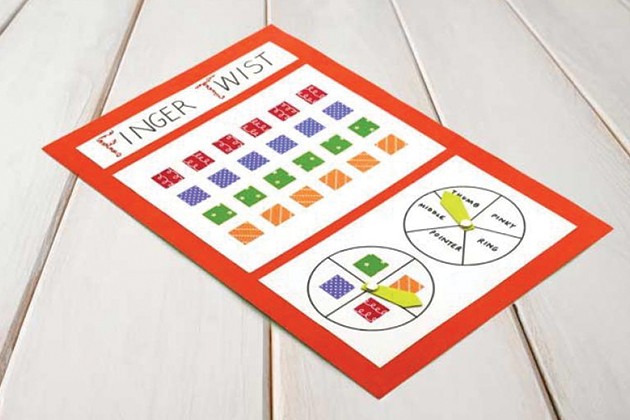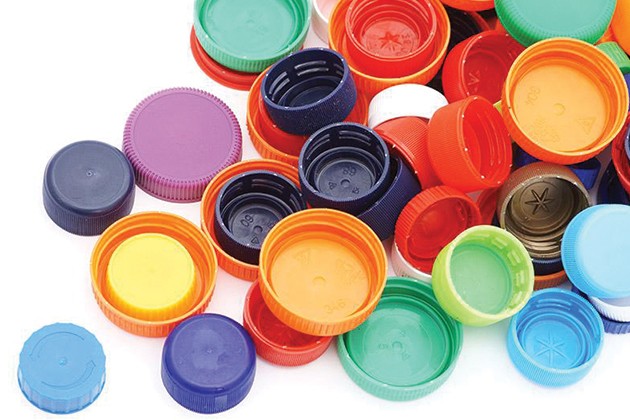Smart Strategies for When Kids Compare Themselves to Others

Got a kid who thinks the grass is always greener in their best friend’s yard? Here's how to help.
Learning that a buddy earned more A’s on their report card or that they just signed up for soccer may inspire your child to achieve in school, step up their social game, explore their capabilities or try something new. As kids mature, it’s natural for them to compare themselves to others.
But sometimes kids over-focus on perceived inequalities. They see siblings at home or friends at school and wish they possessed the same athletic prowess, great clothes, good looks, smarts or musical talent.
Although comparisons may help some kids decide what they want to achieve and how to do it, for others, this process leads to lower self-esteem and disappointment.
A kid who lives in a small apartment may measure their self-worth against a buddy who lives in a large house. A third-grade student may learn their BFF has a brand-new tablet, and now they want one, too.
Recognize your youngster? If you do, look at the following scenarios. They may help you decide whether your child needs a self-esteem boost or a reality check.
Your kid says: I’m not pretty like Ava.
You say: I think you’re beautiful.
Go ahead. Flatter your child. But remind them, too, that they are good at singing, playing the violin and soccer. You want your child to know it’s okay to care about their appearance but communicate that what’s inside is equally important.
Your kid says: Sophie has a TV in her bedroom.
You say: We want your room to be a quiet place where you can relax and sleep without that kind of stimulation. Plus, we enjoy watching television as a family.
Explain that experts recommend limiting screen time for kids to just a few hours a day—and add that includes the use of tablets, computer and cell phones. Remind your child that they likely already spend plenty of time on a tablet and computer and that you just prefer to run your household with that rule.
Your kid says: Tyler is allowed to stay up until 10 pm! You treat me like a baby!
You say: But you need at least 10 hours of sleep to feel your best, and you get up at 6am!
Tell your child how sleep benefits overall well-being and add that if your child is sleep deprived in the morning, they won’t be able to function well at the things they enjoy doing. If your child pressures you to stay up late, make it clear that you care about their health, and you want your child to get the sleep they need.
Your kid says: I stink at sports. Nick is so much better than me.
You say: Keep working at it. You’ll get better with practice.
Emphasize fun over performance and talk about practice as often as you discuss game day. Counter any self-criticism with a reassuring pat on the back and share stories about activities you had to work hard at. Boost your child’s self-esteem by explaining that when you are on a team, you want your teammates to be just as good as you or even better.









